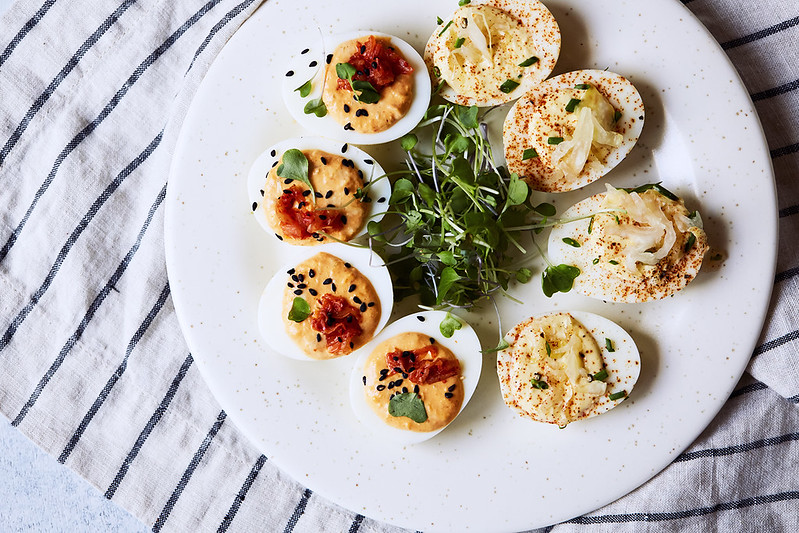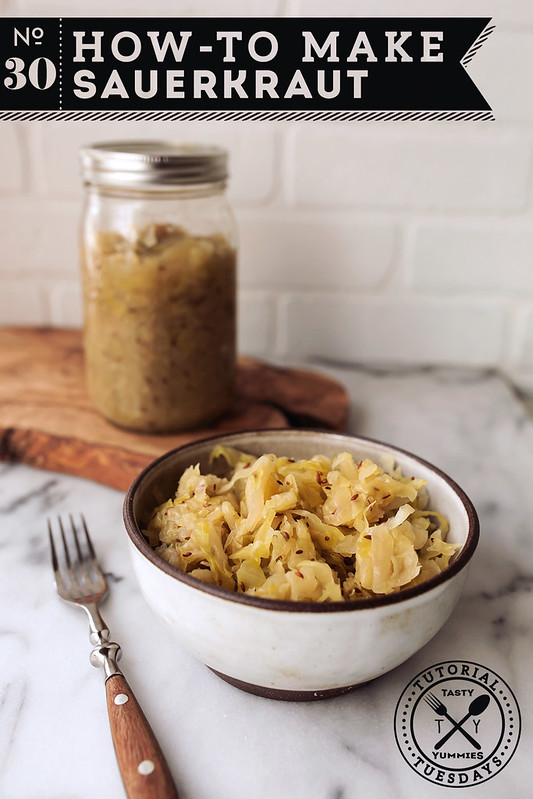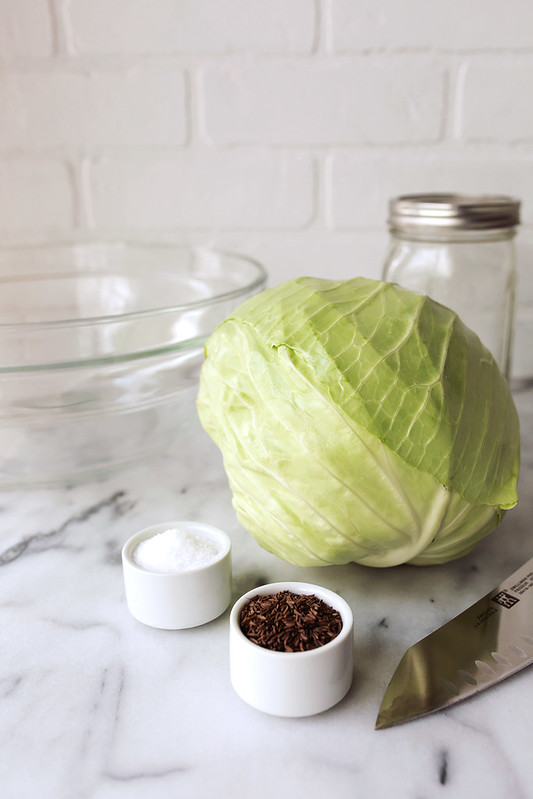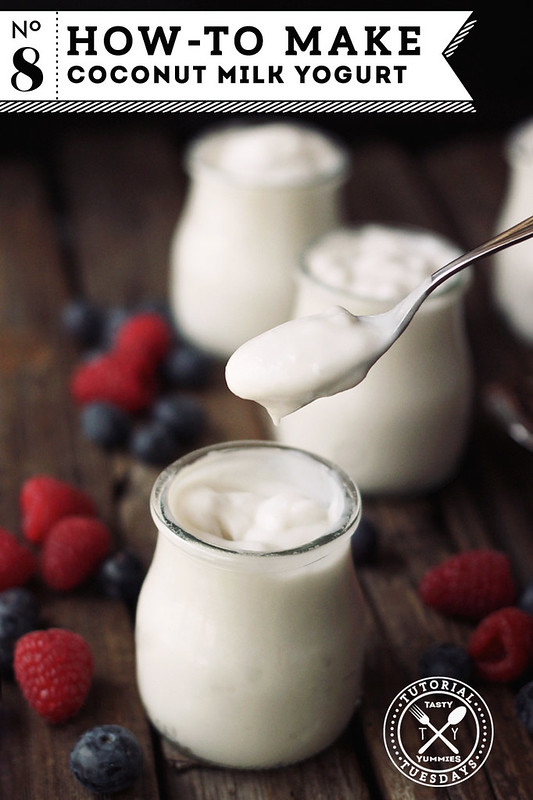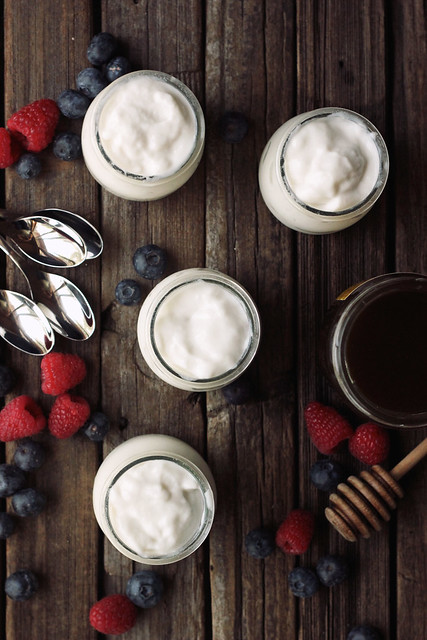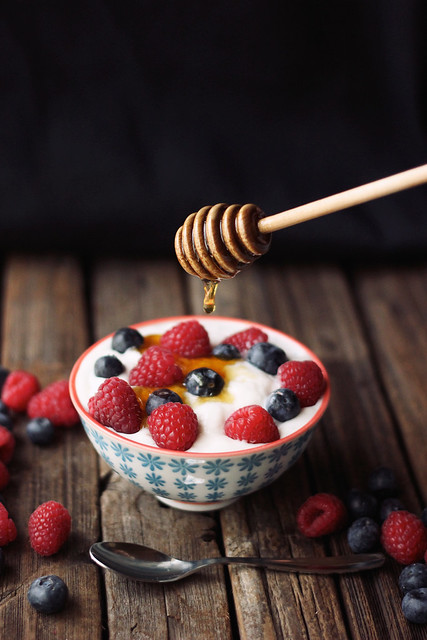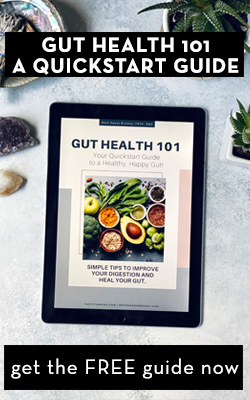-
The Benefits of Probiotics and How To Choose
The Benefits of Probiotics and How To Choose – When it comes to gut health, probiotics will forever be a hot topic, and with good reason. The right probiotics can help to nourish and support your gut bacteria.* The word probiotic actually means “for life” because these live microbial organisms provide both physical and mental health benefits, and experts have well researched the direct and indirect effects on the physiology of the body.
This post and video are sponsored by MegaFood®
Why a Healthy Gut Matters.
A healthy gut is paramount to a healthy body.* Our health begins in the gut! A large majority of the important cells, responsible for the regulation and efficacy of our immune system can be found in our gut 1https://www.ncbi.nlm.nih.gov/pmc/articles/PMC2515351/ (some research estimates between possibly as much 60 and 80% of our immune cells can be found there)2https://www.physiology.org/doi/full/10.1152/ajpgi.1999.277.5.G922. Additionally, many of the chemicals responsible for regulating moods, neurotransmitters such as serotonin, are actually made in our gut 3https://www.ncbi.nlm.nih.gov/pmc/articles/PMC5772764/. Some estimate that as much as 90% of the body’s serotonin, which influences both mood and GI activity, is produced by the gut bacteria in the digestive tract. From a properly functioning digestive system to maintaining a strong immune system and well functioning brain – our gut is the foundation of our vitality.*
Not only is it important to ensure our digestion is functioning properly so we can feel our very best, but healthy digestive function is also crucial as it allows us to be able to absorb and utilize all the amazing nutrients we consume in our nutrient-dense, whole foods focused diet.
Poor eating habits, stress, and antibiotic use can all throw off the balance of our gut microbiome. When you experience occasional digestive issues like gas, bloating, diarrhea, or constipation, you may need some extra digestive health support. To maintain optimal gut health, we want to strive for a symbiotic GI tract full of beneficial bacteria.
The Benefits of Probiotics // How Probiotics Can Help
When you take probiotics you are re-introducing good bacteria to your gut environment by populating your GI tract with as much of the beneficial stuff as possible. Studies have shown that probiotics may prevent adhesion and interaction of unwanted bacteria with our gut epithelial cells.* 4Gerritsen, J. et al., Intestinal microbiota in human health and disease: the impact of probiotics, Genes Nutr. 2011 August; 6(3): 209–240 Some research has also shown that administration of probiotics can have a direct effect on the tight junctions between enterocytes in the gut—resulting in decreased intestinal permeability 5Corridoni D, et al., Probiotic bacteria regulate intestinal epithelial permeability in experimental ileitis by a TNF-dependent mechanism, PLoS One. 2012;7(7):e42067. These are just some of the ways probiotics may help to restore gut health.*
Probiotics are present in unpasteurized fermented foods but you can also ingest them through supplementation. So how can we be sure which is the right method, how much and how often we should take probiotics and why should we want to?
One very important thing to note here is that for probiotics to do their job effectively, you must have optimal conditions for “good” bacteria to live and flourish. This starts with nourishing your microbiome with nutrient-dense real food and eliminating foods (temporarily or permanently) that can cause inflammation and microbiome imbalance.
References
1. ↑ https://www.ncbi.nlm.nih.gov/pmc/articles/PMC2515351/ 2. ↑ https://www.physiology.org/doi/full/10.1152/ajpgi.1999.277.5.G922 3. ↑ https://www.ncbi.nlm.nih.gov/pmc/articles/PMC5772764/ 4. ↑ Gerritsen, J. et al., Intestinal microbiota in human health and disease: the impact of probiotics, Genes Nutr. 2011 August; 6(3): 209–240 5. ↑ Corridoni D, et al., Probiotic bacteria regulate intestinal epithelial permeability in experimental ileitis by a TNF-dependent mechanism, PLoS One. 2012;7(7):e42067

